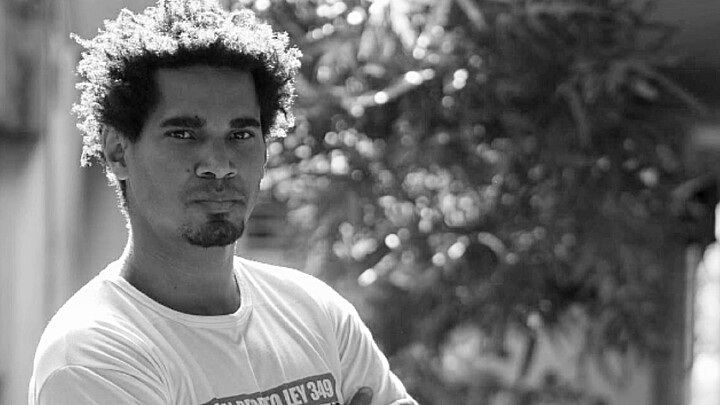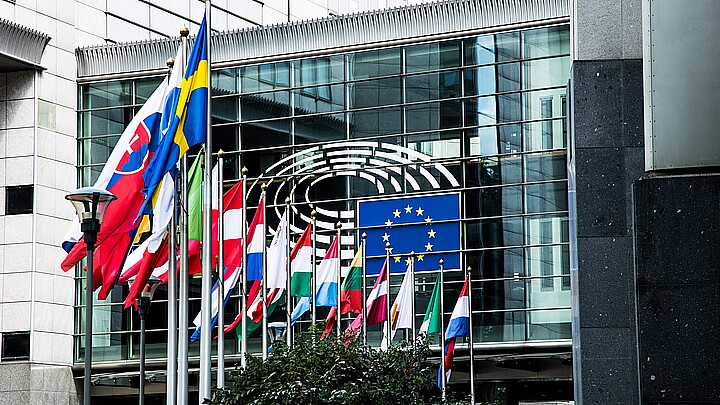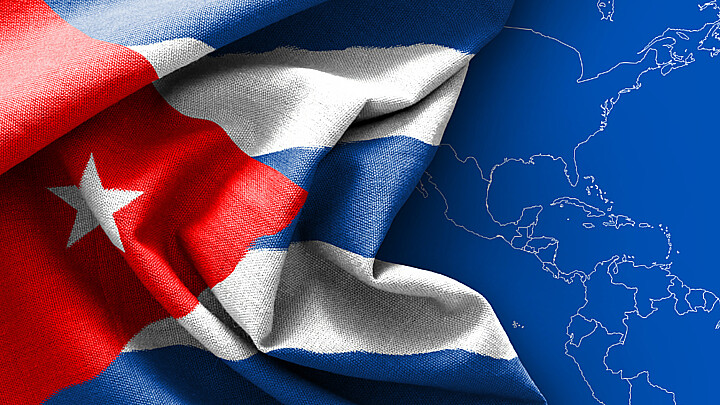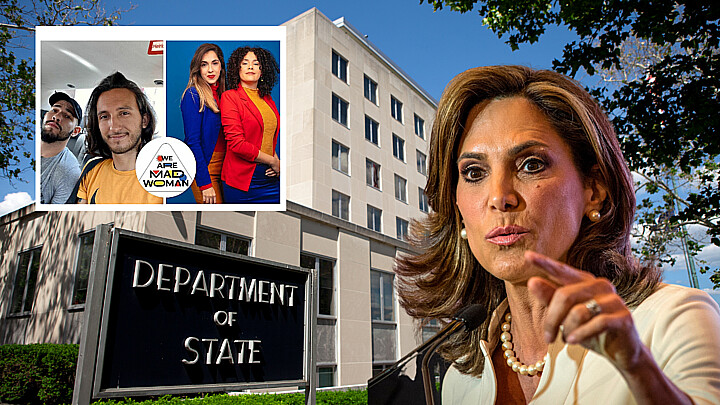Human Rights
Cuban prosecutor’s office says peaceful protest participants will face legal charges
Cubans who participate in November’s peaceful march with be charged with “instigation of crime,” says Cuba’s Prosecutor’s Office.
October 21, 2021 5:38pm
Updated: November 2, 2021 10:18am
On October 21, the Cuban Prosecutor’s Office threatened participants of the peaceful November 15 march with charges of “instigation of crime.”
“Taking into account the intention that was publicly expressed the organizer, the Prosecutor’s Office… warned its citizens that failure to comply with the decision of the aforementioned authorities, they will incur in the crimes of disobedience, illegal demonstrations, instigation to commit a crime, or other foreseen and sanctioned activities found in the current criminal legislation,” stated a publication made by the Attorney General’s Office.
The Prosecutor’s Office assures its warning is legal and based on the Constitution’s article 156, which explains the duty and mission of the office to ensure that citizens respect the law.
In response, the organizers of the march also claim their right to demonstrate, as stated by article 56 of the Constitution: “the right of assembly, demonstration, and association, with lawful and peaceful purposes, are recognized by the state as long as they are exercised with respect for public order and in compliance with the precepts established by law.”
The call to demonstrate came from the Archipiélago group, founded by the playwright and actor Yunior García after the anti-government protests of July 11 and 12.
Originally planned for November 20, Archipiélago changed the dates of the demonstration to November 15 due to the regime’s decision to rename November 20 as “National Defense Day” and mobilize military and paramilitary troops starting November 18.
Dozens of citizens in Havana, Holguin, Santa Clara, Pinar del Rio, Cienfuegos, Nuevitas, Camaguey, Las Tunas, and Guantanamo, among others, signed documents notifying authorities of their intentions to march to demand respect for human rights and freedom for political prisoners.
According to García, Cuban authorities began to summon the organizers of the march on October 21 to the provincial Prosecutor’s Offices, where they were warned of the alleged criminal nature of their activities.
The Cuban government has already cracked down on other promoters of the Civic March for Change. University professor David Martinez and Doctor Manuel Guerra were fired from their jobs this week. Others, such as García Aguilera and historian Manuel Cuesta Morúa, are under house arrest and have lost their internet connection.
The march that the regime declared illegal on October 12 demands the release of political prisoners, democratic changes, and respect for human rights.










